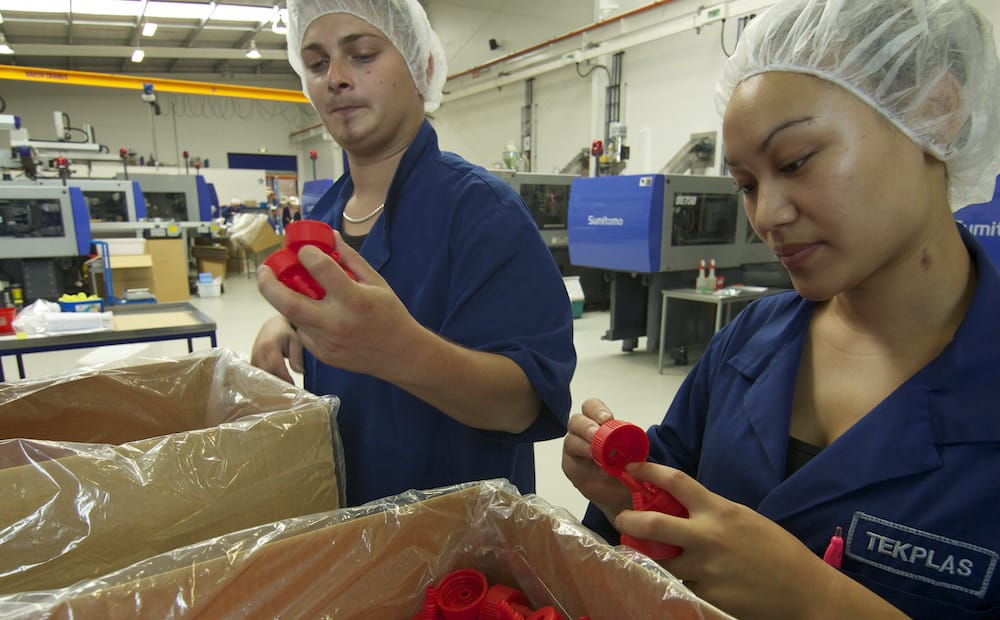
Develop your skills
What is an apprenticeship?
Getting started
Get ready for a trade career
Learner Support
Learner FAQs
Available funding support
Training and wage subsidies
Current learners
Block course updates
What we offer
Overview
Our industries
Forestry
Employer FAQs
Skills development
Apprenticeships
Employer onboarding dashboard
Traineeships
Micro-credentials
Professional development
Skills competency assessment
Find an apprentice
List a job
Sign up an employee
View our candidates
Moderators
Moderators guide
Forklift trainers
Forklift registration
Resource orders
Forklift FAQs
What we offer
Overview
Trades guide
Get ready for a trade career
Schools resources



